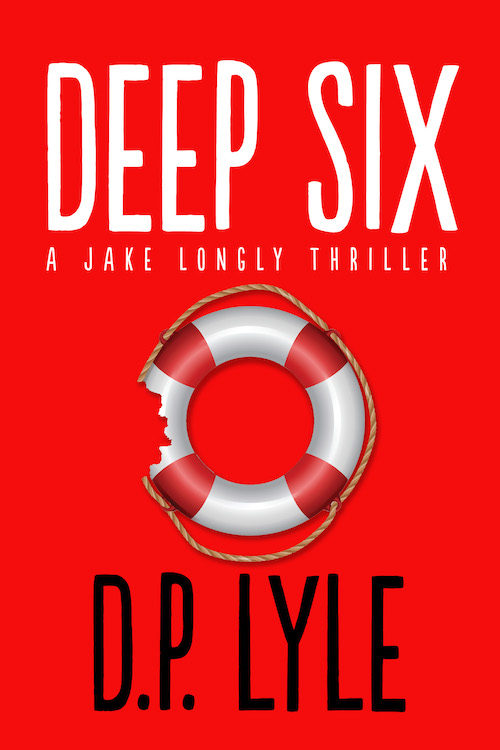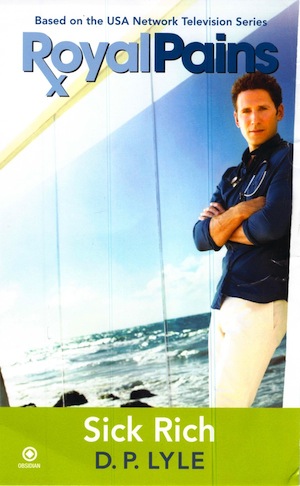My guest today is Whitney Jones. Whitney, welcome to The Writer’s Forensics Blog.
The writer is a person who seeks knowledge. He or she is very comfortable researching in the library or searching through websites for the information they need in order to write a brilliant piece. However, sometimes the information that is stored in these tomes and files can be outdated. Processes change frequently, and especially those in forensic science.
Because of this, it’s almost necessary for writers to create contacts with individuals who spend their lives in fields relating to the writer’s interests. This isn’t always easy, but there are a few ways to create contacts in any field. If you’re trying to get the latest information on forensics, try some of these approaches.
First of all, consider who you already know. Maybe your second-cousin Vinnie just joined the police force as a traffic cop. Don’t be afraid to ask him for an introduction to someone who deals more with forensics. If it’s a smaller town where there’s less for police force to do, they’re more likely to respond positively. On the other side of the coin, large towns are more likely to have the kind of crime and medical issues you’ll be focusing on in your novel.
If you don’t already have contacts, try going to venues where the experts are likely to be at. For example, forensic scientists will usually have a booth up at police-sponsored charity events or fairs. Usually each department will have their own booth up with pamphlets and other goodies for kids. There’s usually a representative at each table who’s there to answer questions.
At this point the writer will just want to make first contact. There is no need to tell the expert that you’re a writer unless they ask about it. It will undoubtedly take quite a time investment before the expert will become a contact this way, but if you continue to come to the events and strike up a friendly conversation, you should be able to create a connection. Just remember to keep it professional, and never act like a groupie.
Another way for writers to gain contacts in the forensic field would be to take some classes. As writers are pursuers of knowledge, they would benefit greatly from taking some criminal justice classes. Your professor will likely have studied the justice system and crime for decades and are much more likely to sit down for a chat with a student than with a person who got their name from a college website. Consider the class an investment in both knowledge and contacts.
If there isn’t enough time to cultivate a contact or take a class, Google will be your best friend—to a degree. It will help you connect to experts’ blogs and find places like this blog that have up-to-date forensics information. If there’s ever a question of a blog’s veracity, don’t be afraid to try to contact the author and ask about sources.
Whitney Jones loves Diet Dr. Pepper and solving crime novels. Check out Whitney’s writings at The Professional Intern.


























M.E. Anders
July 17, 2011 at 2:53 am
Thanks for the tips to make connections in the forensics field. I’m looking into taking classes at a local university, since you mentioned it.
LikeLike
Noreen Ayres
July 17, 2011 at 9:34 am
20 years ago I did exactly what Whitney recommends. I wanted to write a mystery, but I had read only 1-1/2. The author was Elmore Leonard. I knew that my short stories had a “voice” a bit like his (don’t hit me for arrogance), so maybe I could do a whole novel one day. But I didn’t know anyone in law enforcement, hadn’t even gotten so much as a traffic ticket. Just then I spied an adult evening class offering in a college catalog, taught by the recently retired Orange County, Calif., crime lab director. It was an overview of forensics, touching on each of the forensic disciplines. The fellow told many anecdotes. One particularly grabbed me, about a young man killed while working in a stop-and-go store. Since I had worked my way through college at low-end jobs and went to school at night, that story clung to me, and on the way home that night, two lines came to me…and I knew I would sell whatever novel issued from that. Two years later, I did.
The important thing, though, is that the class in forensics and a subsequent one at a junior college on criminal investigation allowed me to participate in a trip to a federal prison and one to a crime lab, a police late-night ridealong in a seedy part of Long Beach, Calif., and a viewing, twice, of autopsies. On the latter, I am sure I was the weakest–and oldest–student in the class. That was all right, though, because it meant I felt deeply enough to try to capture that feeling in my writing. I also went to any police demonstration at the county fair and timidly approached a cop eating at a fast-food restaurant, and these gave me further info on where and how I could gather information. A third thing I did was attend speaker engagements at meetings of Sisters in Crime and Mystery Writers of America. Having been in the corporate environment for many years, I hated meetings but couldn’t wait to hear these fascinating men and women share their experiences.
I apologieze for this long reply, but hope it may inspire someone who reads The Writers Forensic Blog. Though my writing career is on terminal life support for personal reasons, I shall forever hold probably overwrought respect for the men and women in the justice system and be equally grateful for the wonderful and generous mystery authors I’ve met along the way.
LikeLike
An aspiring writer
July 17, 2011 at 4:18 pm
Thanks for this post and these comments. I am already doing some of this but had been wanting more tips.
LikeLike